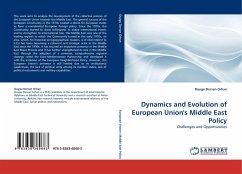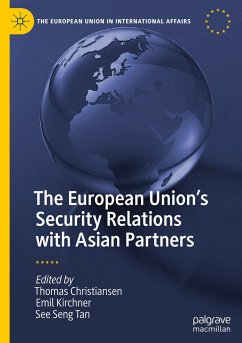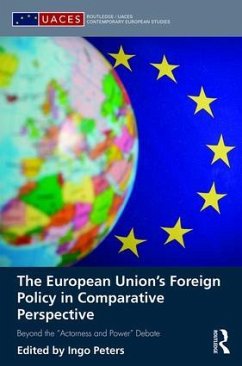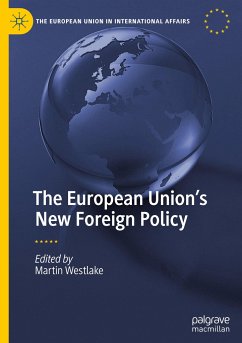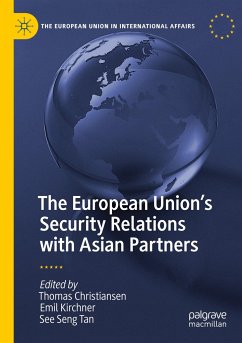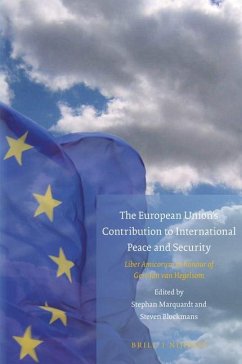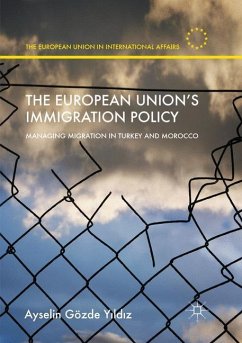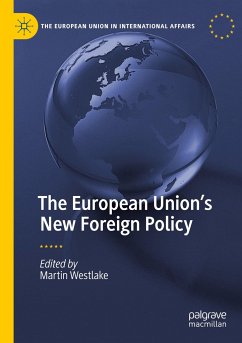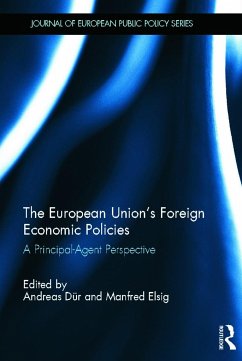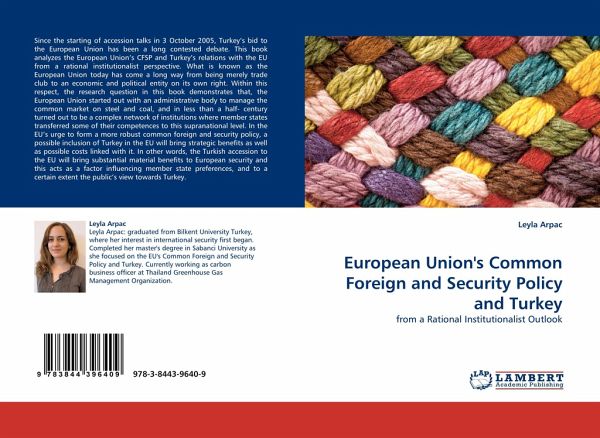
European Union's Common Foreign and Security Policy and Turkey
from a Rational Institutionalist Outlook
Versandkostenfrei!
Versandfertig in 6-10 Tagen
32,99 €
inkl. MwSt.

PAYBACK Punkte
16 °P sammeln!
Since the starting of accession talks in 3 October 2005, Turkey's bid to the European Union has been a long contested debate. This book analyzes the European Union's CFSP and Turkey's relations with the EU from a rational institutionalist perspective. What is known as the European Union today has come a long way from being merely trade club to an economic and political entity on its own right. Within this respect, the research question in this book demonstrates that, the European Union started out with an administrative body to manage the common market on steel and coal, and in less than a hal...
Since the starting of accession talks in 3 October 2005, Turkey's bid to the European Union has been a long contested debate. This book analyzes the European Union's CFSP and Turkey's relations with the EU from a rational institutionalist perspective. What is known as the European Union today has come a long way from being merely trade club to an economic and political entity on its own right. Within this respect, the research question in this book demonstrates that, the European Union started out with an administrative body to manage the common market on steel and coal, and in less than a half- century turned out to be a complex network of institutions where member states transferred some of their competences to this supranational level. In the EU's urge to form a more robust common foreign and security policy, a possible inclusion of Turkey in the EU will bring strategic benefits as well as possible costs linked with it. In other words, the Turkish accession to the EU will bring substantial material benefits to European security and this acts as a factor influencing member state preferences, and to a certain extent the public's view towards Turkey.



